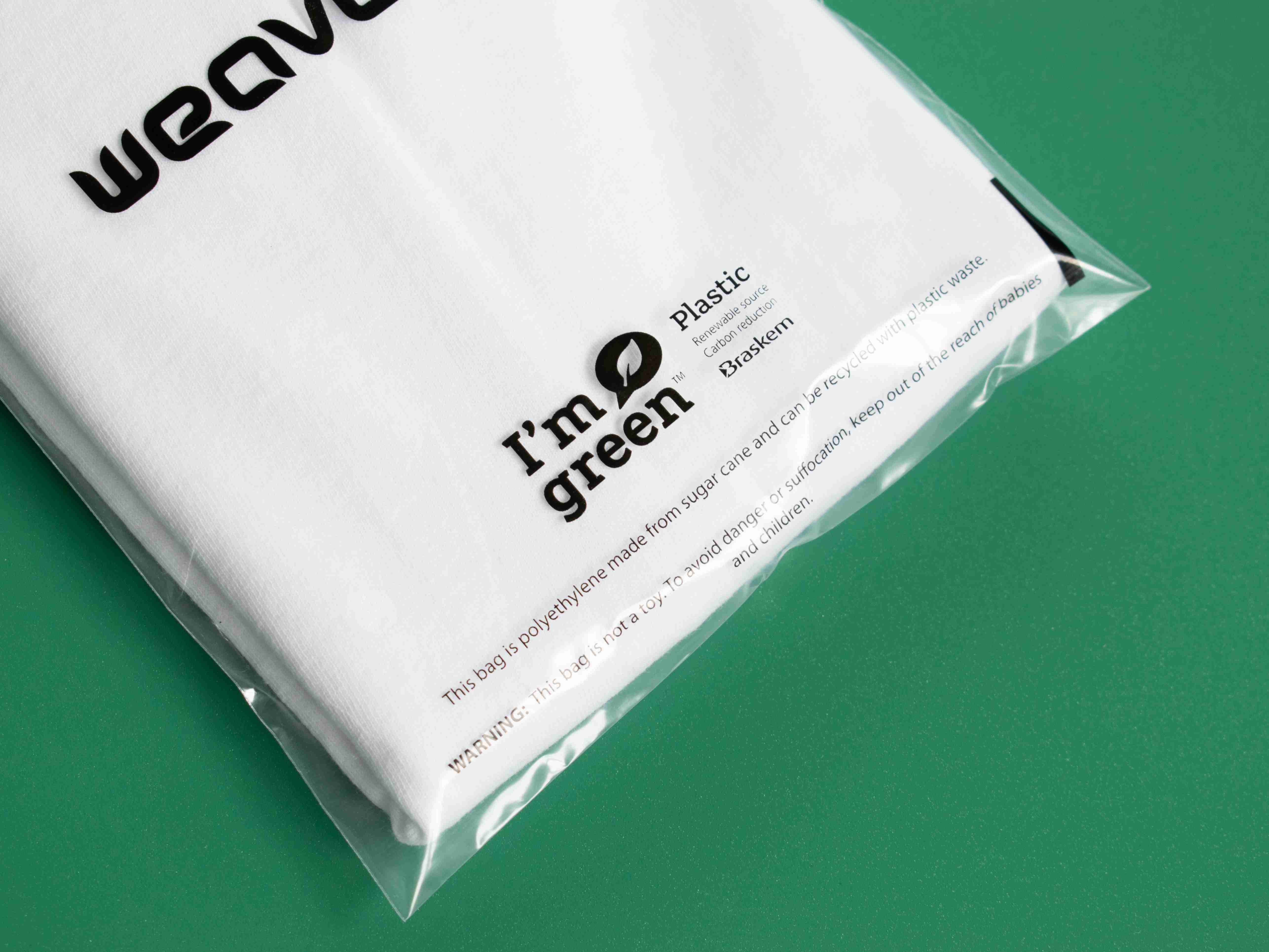Paris Olympics 2024: Sustainability in the Olympics
Sustainability in the Olympics is growing, particularly in Paris 2024. Find out more about the sustainable strategies in play.

Summer holds some of the biggest sporting events in the annual calendar, and the Paris Olympics takes place this year. With sustainability rising to the top of the agenda for committees, governments, teams and spectators, the Olympic Games eco-conscious strategies need to be more robust than ever.
The Paris Olympics 2024 is the first Olympic Games aligned with the Paris Agreement on Climate Change. So, how is the committee ensuring sustainability in the Olympics? In this blog, we answer the question and dive into how Team GB plays its part.
Paris Olympics 2024 sustainability pledge
Paris 2024 is 'pledging to deliver an ambitious, spectacular, universal event that's more responsible, sustainable, united and inclusive'. The organising committee has developed a cutting-edge plan to reduce its carbon footprint by addressing sustainability concerns throughout the Games.
There are five key areas that Paris 2024 is ensuring sustainability in the Olympics:
Anticipating and avoiding impact
The Olympic committee has established an ambitious goal to reduce the Paris Olympics 2024 carbon footprint by 50% compared to previous Games held in Rio 2016 and London 2012. It plans to do this by setting a carbon budget, which covers:
- Calculating a material footprint that aims to minimise resources — this goes down to granular elements such as uniforms, tables and tennis balls.
- Using 100% renewable energy and reducing the use of diesel generators by investing in biofuel or battery-powered options.
- More sustainable designs for its temporary structures and venues.
Reduce, reuse, rent
A circular economy is a model gaining traction throughout all industries, from fashion to manufacturing, with the Paris Olympics 2024 being no exception to this rule. Sustainability in the Olympics in Paris can be further ensured by investing in a circular model, which reduces the need for resources by reusing and renting existing resources.
- 95% of the competition venues will be pre-existing or temporary and built using low-carbon construction methods.
- The new Aquatics Centre has been built to last and will continue to serve the local community long after the end of the Games. It's been built with sustainability principles at the core, including solar energy, seats made from local plastic waste and low-carbon building materials, predominantly wood.
- Three-quarters of the two million pieces of sports equipment have been rented from existing sports federations.
- 90% of the six million assets at the game will be returned or reused by partners, and the committee will define second-life plans for the remaining 10%.
Regeneration
The Olympic Games bring huge attention and tourism to its host city. However, this doesn't come without impacting the local community, which is why the sustainability credentials for the Seine-Saint-Denis suburb have been considered beyond the Games period.
- The Olympic Village has been developed as an eco-neighbourhood and will be turned into a residential and business district after the Games, with a large percentage reserved for accessible and affordable housing.
- A noise barrier has been constructed as part of the Games, further benefitting future residents.
- The Games has invested heavily in cleaning the River Seine, which is part of the city's future climate planning, meaning local residents will soon enjoy a river free from pollution.
Sustainable food
A large portion of an Olympic Games' carbon footprint comes from food consumption and subsequent single-use catering items on site. To reduce carbon emissions by half, the Paris Olympic Games 2024 pledges to:
- Double the proportion of plant-based options.
- Source 80% of ingredients from local agriculture.
- Dedistribute or compost unconsumed food.
- Reducing single-use plastic use by half and installing 700 water and soda fountains to encourage refills.
Transport
There's no hiding from the fact that transport emissions are one of the biggest offenders when it comes to environmental sustainability. In the UK, transport makes up for 26% of the nation's total emissions. To combat the impact and encourage sustainability in the Olympics, the Paris Committee has outlined:
- 80% of the venues are located within 10km of the Olympic Village, reducing travel distances.
- All venues are accessible via public transport.
- Electric, hybrid and hydrogen-powered vehicles make up the Games' fleet.
How is Team GB encouraging sustainability in the Olympics?
While the host country must commit to sustainability, it's only one part of the puzzle. The participating teams, including Team GB, also have their part to play.
Sustainability in the Olympics is just as important for Team GB. They, too, have set ambitious targets, including achieving more than 50% reduction in carbon emissions by 2030 and achieving net zero by 2040.
Team GB is already progressing in the right direction, reducing carbon emissions from 170 tonnes in 2016 to 50 in 2021. It doesn't use single-use plastic in offices and has received Dow Carbon Offset Awards from the International Olympic Committee.
Their dedication even goes down to every stitch in their Olympic kits and the FSC-certified paper hang tags used on their merchandise.
Learn more about how we help sportswear brands become sustainable
Sustainability is only one step away. Head over to our sportswear hubs to get all the information you need about eco-friendly packaging and trims, read the case studies and explore our range.









